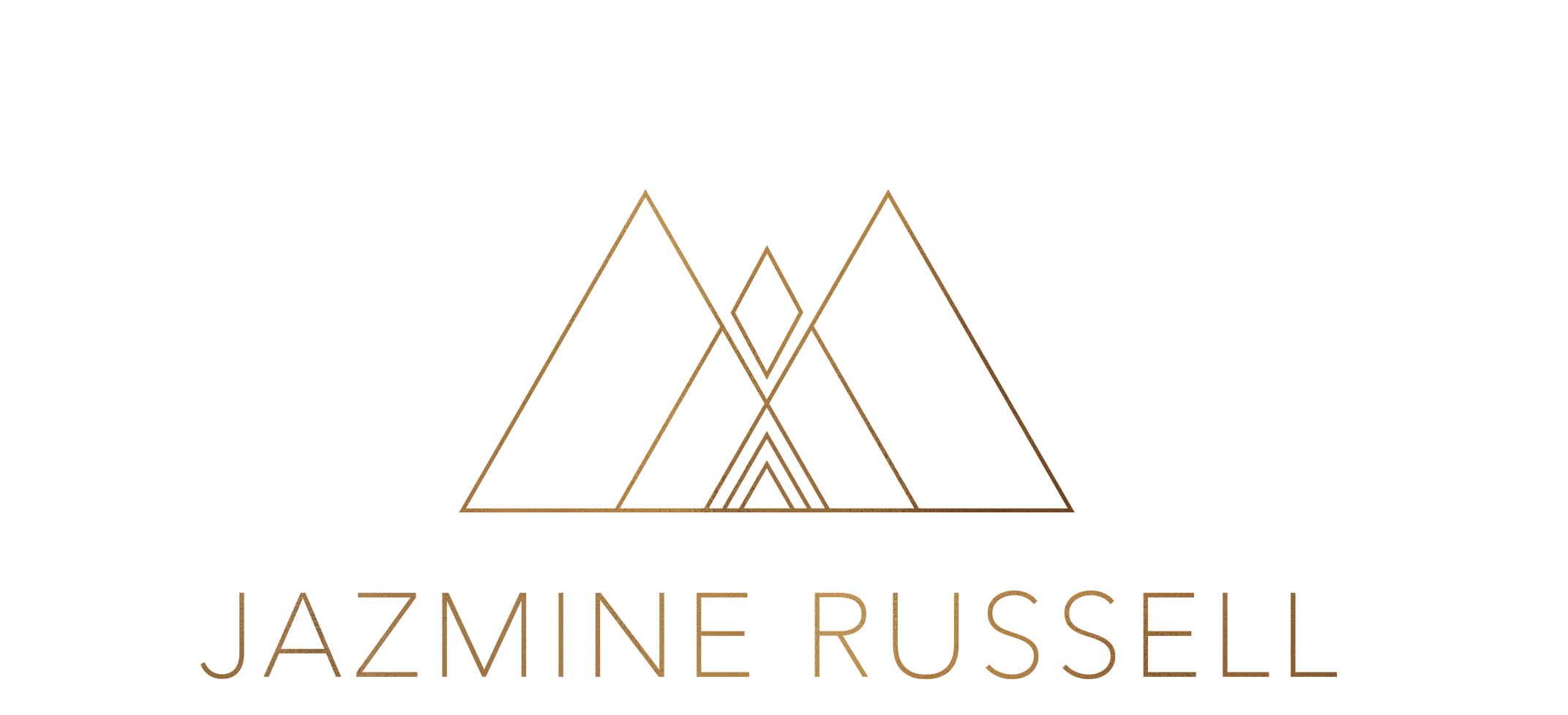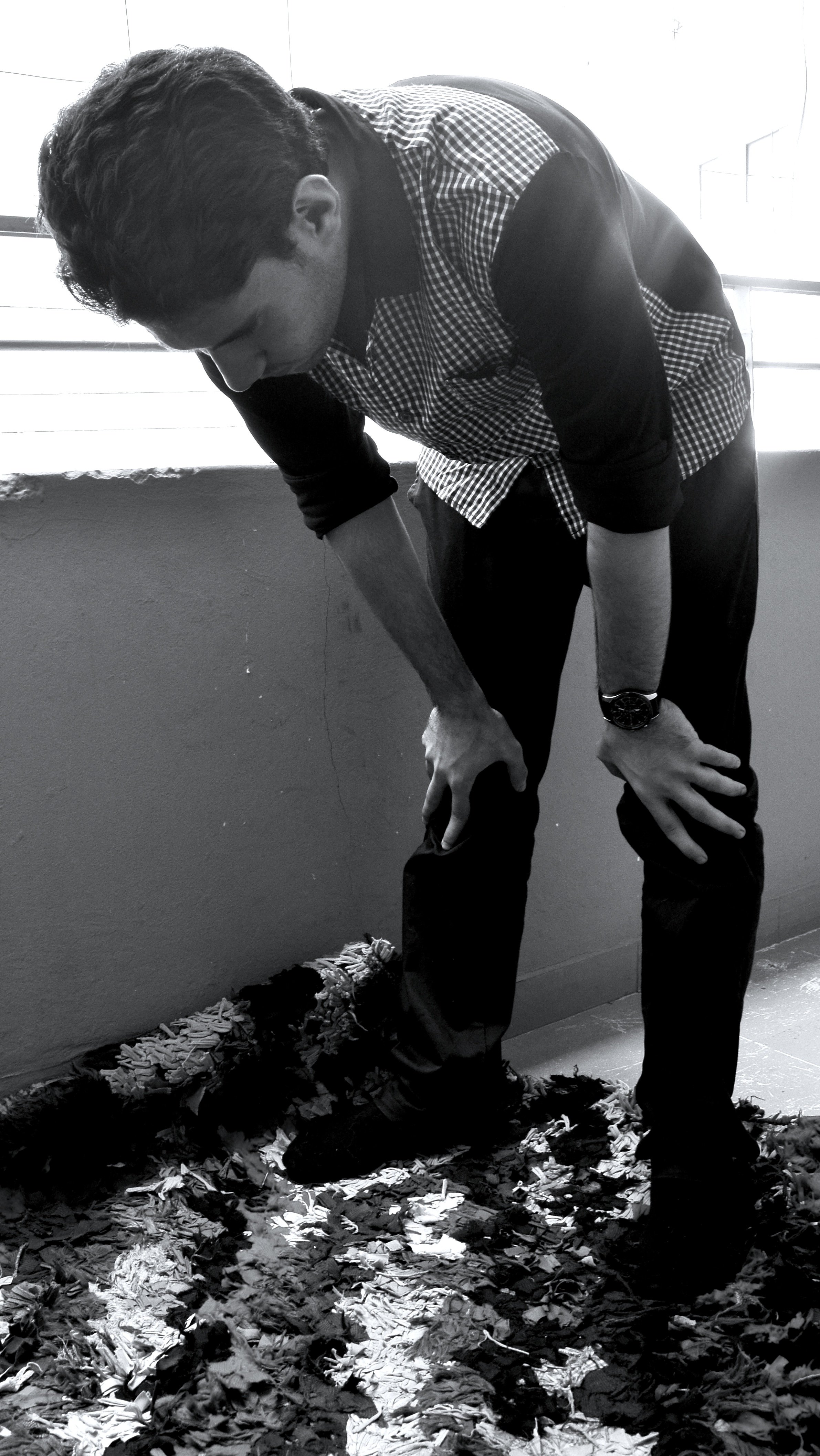Truth as a Choice - Reality as Dual
Anass M. is 20 years old and going into his 4th year of medical school in Casablanca. He spends his time between rotations at the hospital, studying, seeing friends, and going to the cinema.
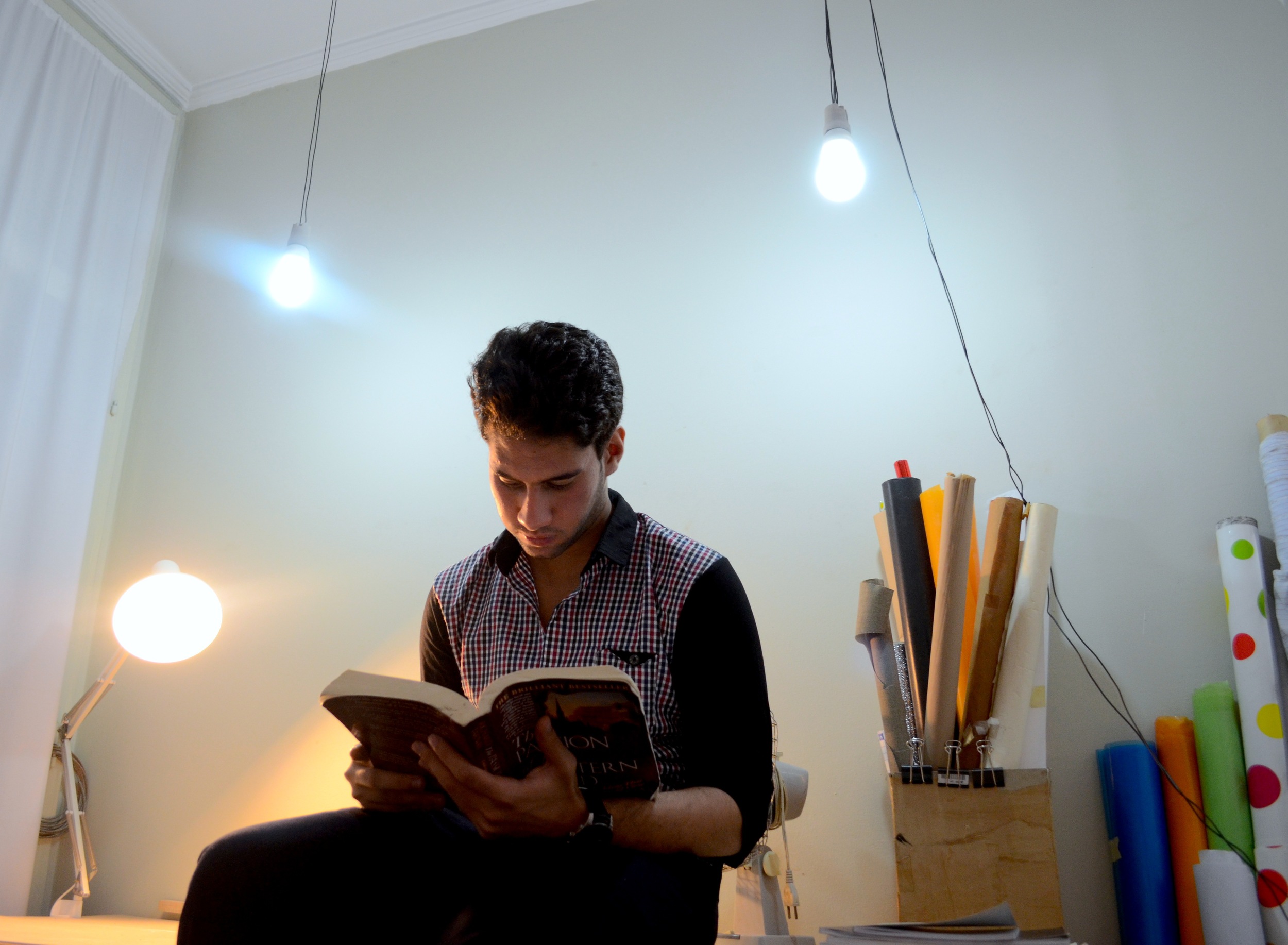
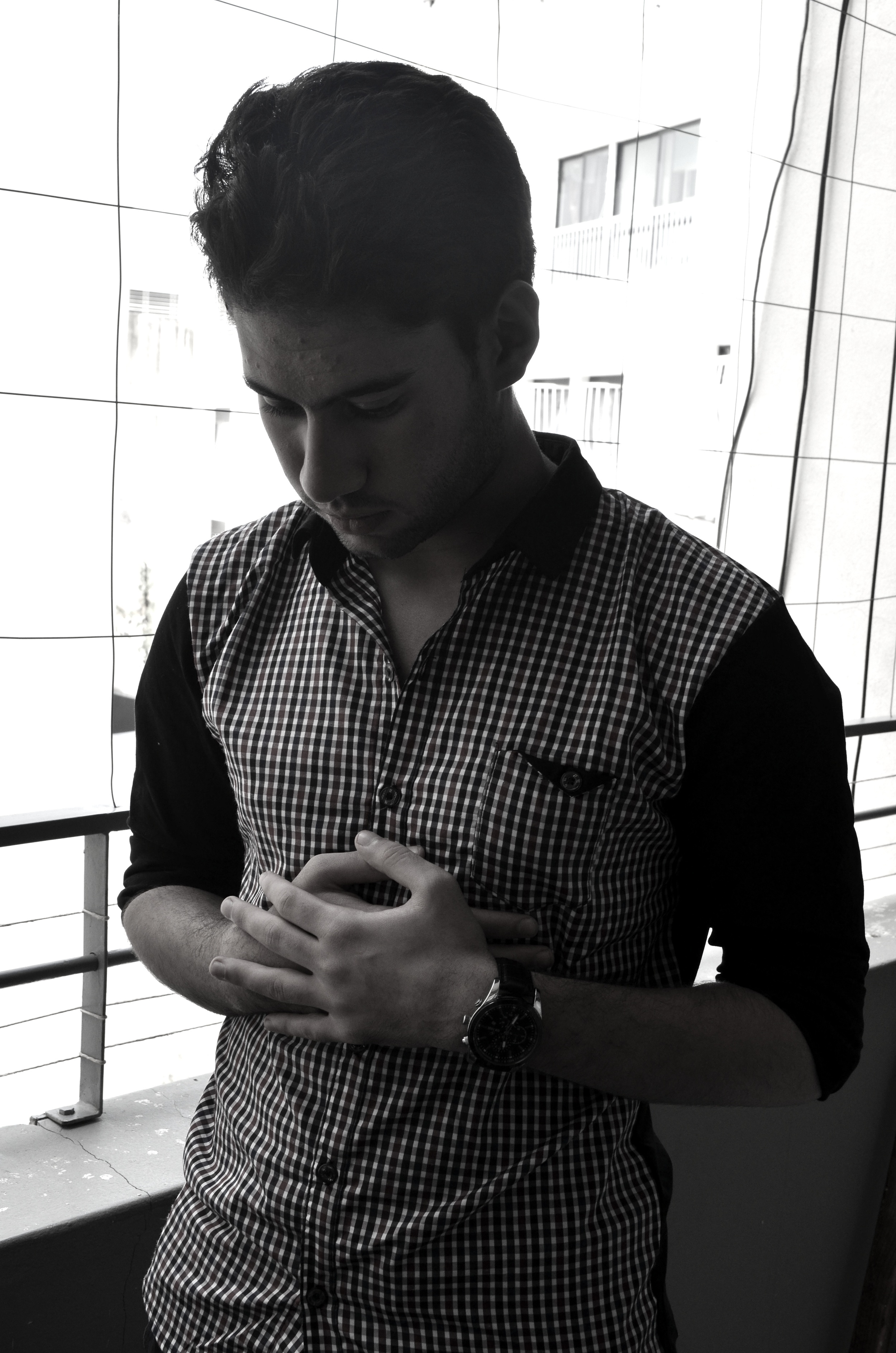
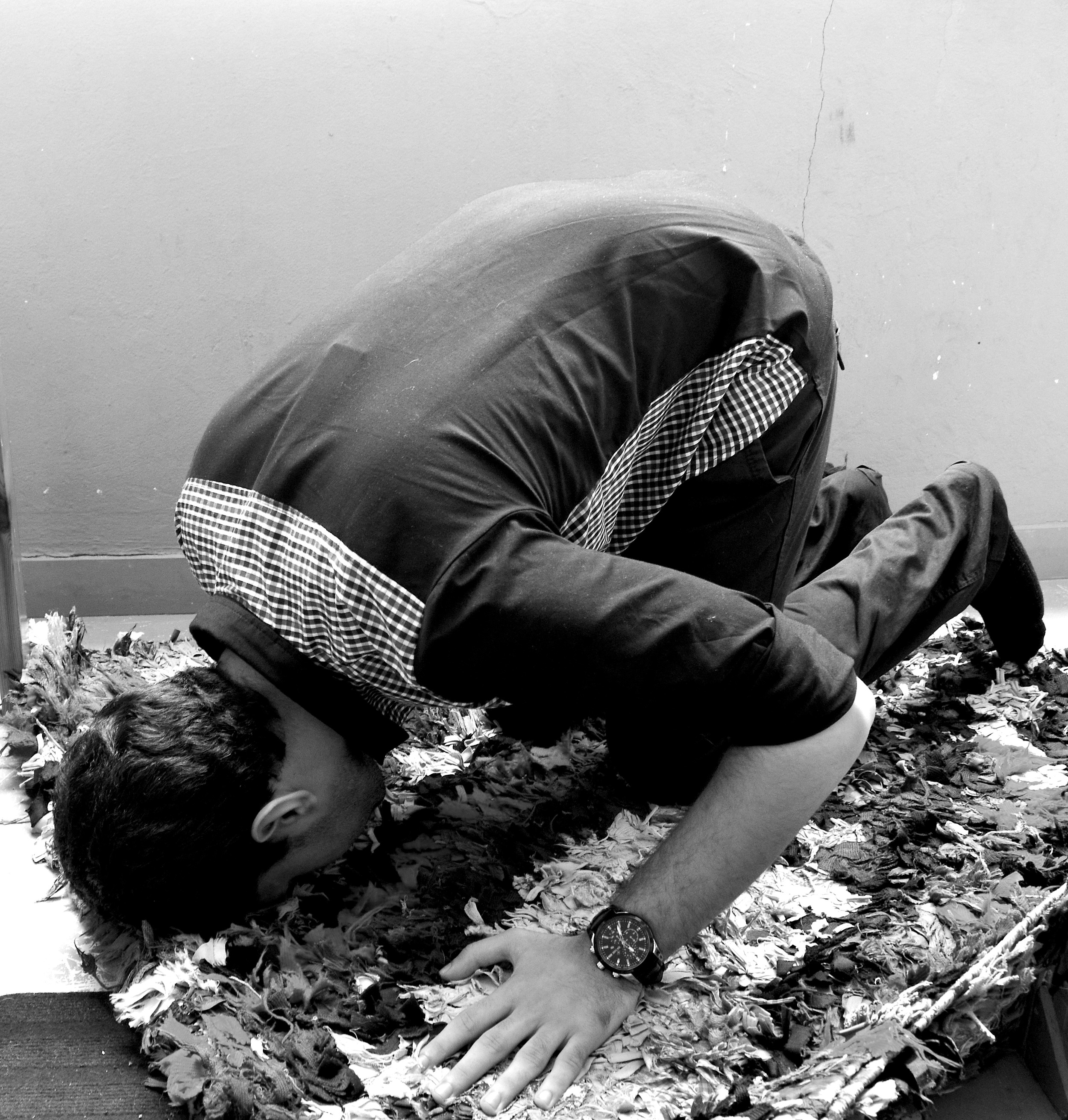
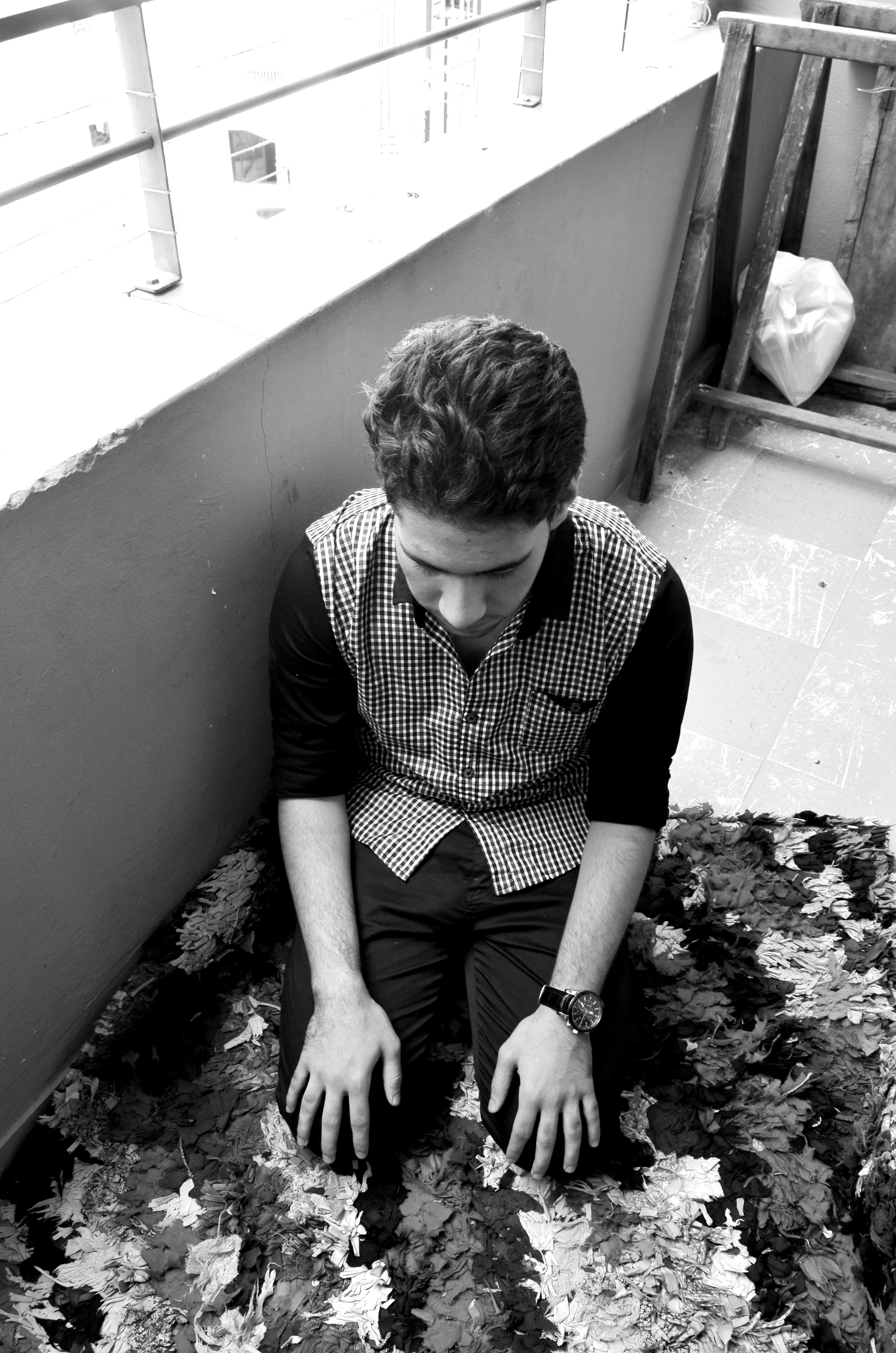
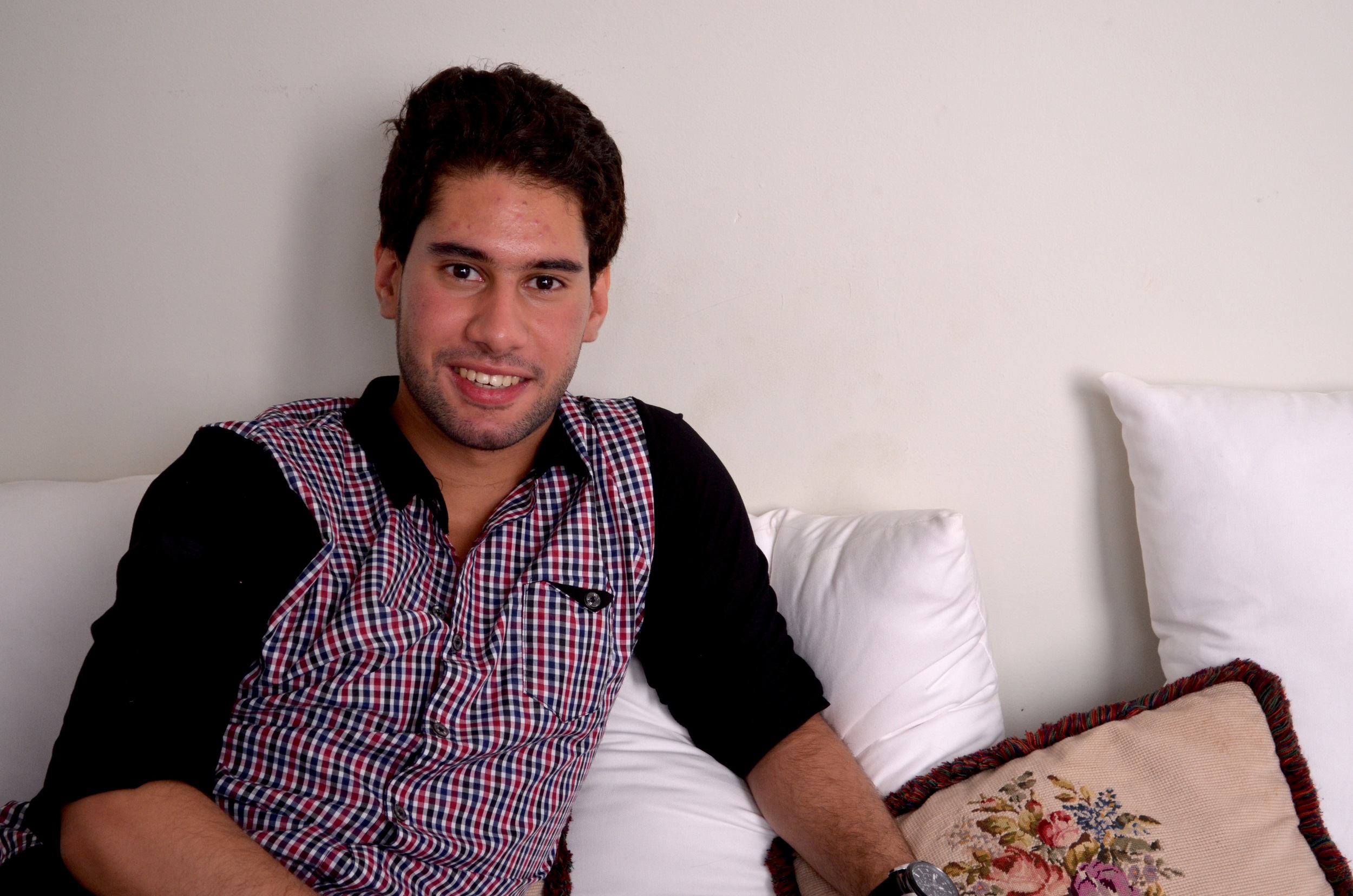
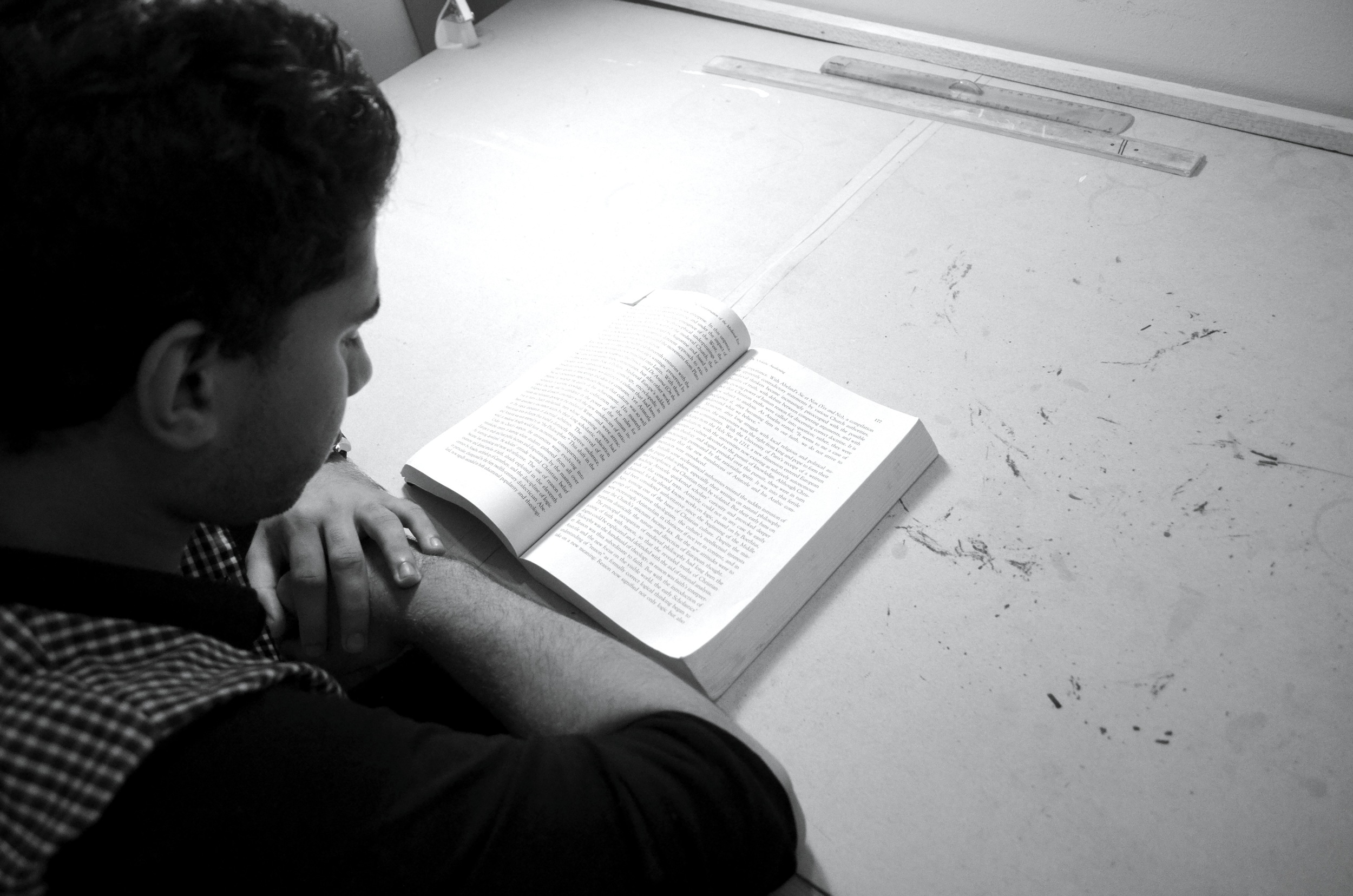
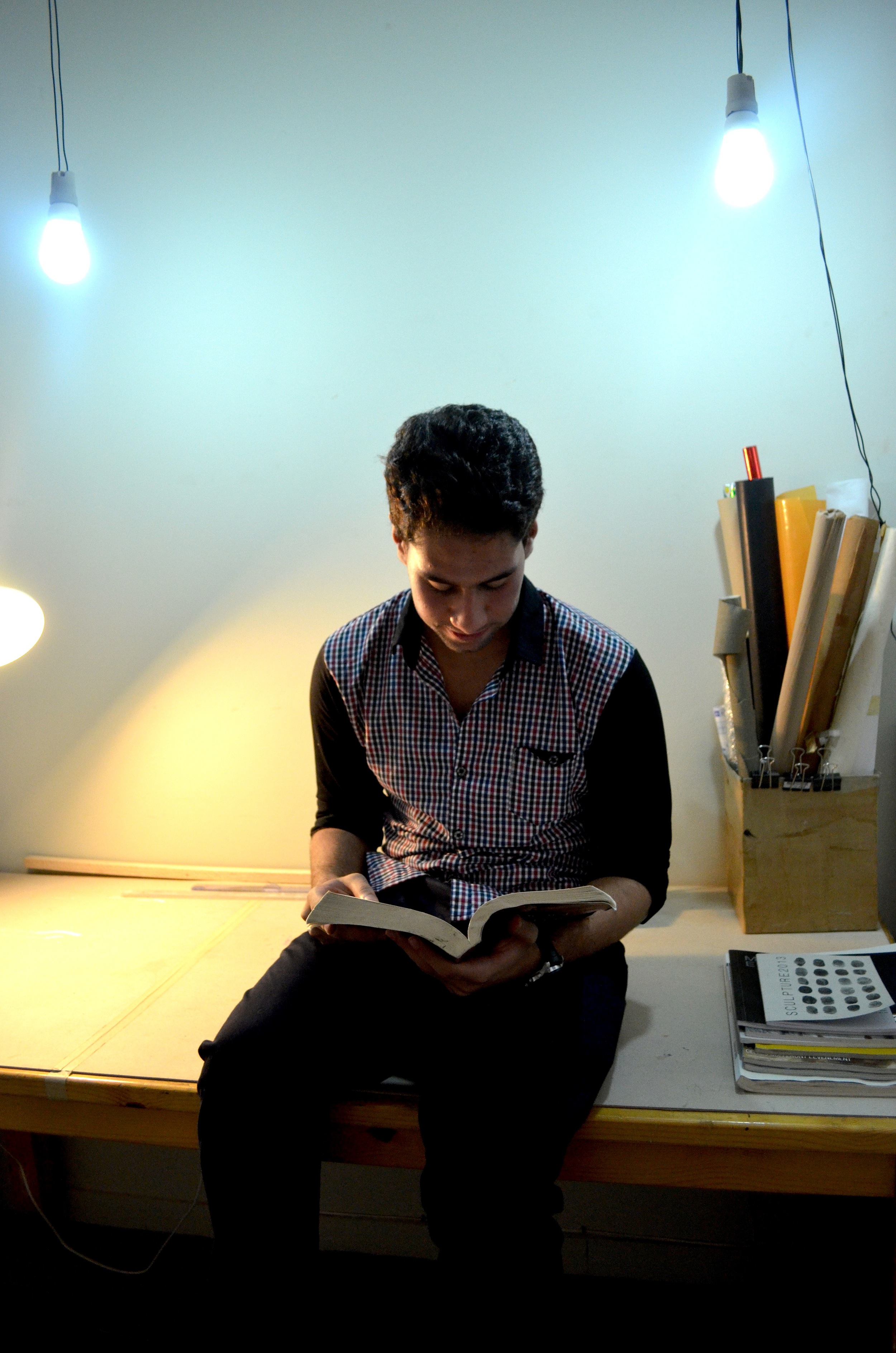

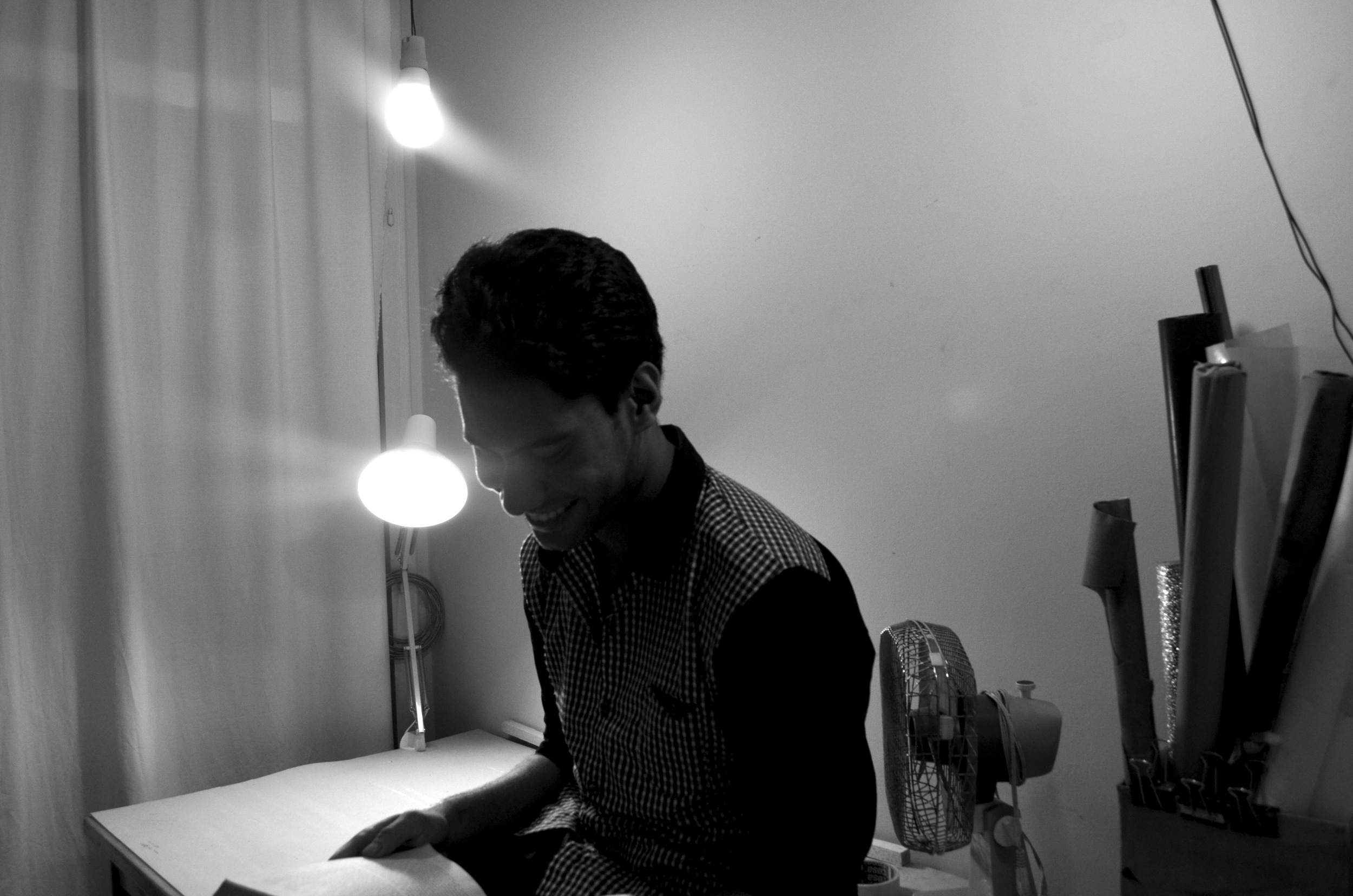
Excerpts From the Interview:
Jazmine: Tell me something you believe about the fundamental nature of reality. What do you think is true about existence, about the world we live in?
Anass M.: First of all I would say that reality, is a vague concept, and that each one of us has his own reality. Because each one of us has his own thinking, his own perspective, his own beliefs, and this shapes his reality. So reality changes from one person to another. But even though I would say that reality is such a subjective concept, there’s obviously an objective reality. Something that is there but, as so many people are looking at the reality from his own perspective, there are some people who reach that reality and people who do not. But the ones that reach the reality, I would say they’d have no clue that it’s the objective one, it is always going to remain subjective.
Jazmine: If you believe that there is essentially a correct answer, a real objective reality, then if you could guess, what do you think it would be?
Anass M.: Well, my basis of life is about thinking, about analyzing things, about not having a small mind, but being open and thinking about things. When taking a path and trying to select, I think “That one, I don’t feel it much, it doesn’t give me confidence, it doesn’t give me what I need, it doesn’t give me the right answers, so I’m going to look to the other path.” Finally from all the paths I’m going to choose one. I’m going to choose the one that gives me fulfillment and makes me believe it’s the right answer.
So as for me, I’d say there are two realities in the world. Two paths I guess. One where there’s a God and the other there’s no God, just nature and evolution, things like that. Right? Just if we get down to the bottom of it, there’s only two paths. One is God, one is not God. And if we go back into the God path we will find religions, Buddahism, Islam, Christianity, things like that, and then on the other path there’s atheism. So when we try to analyze things, believing that there is no God, we find ourselves having a lot of questions we need to answer: Who created the world? Who created us? All the wonders that we can see, who created that? We look then to science which shows the complexity of things. We have genetics, but how could reptiles or birds, chimpanzees and monkeys evolve to bring a human being? The theory of Darwin, which is the theory that is adopted by atheists, brings a lot of unsolved questions in the atheism thinking. They would say that there are anthropologists, paleontology, that shows there are fossils dating back millions of years ago, but based on genetics it’s impossible to have mutations, the chance of mutations that could occur is 10 to the power of 48 I think. Just one mutation! And how can that mutation give us our complexity, our high intelligence as people, we as human beings? So if those mutations can occur with that tiny chance, and we’re not even sure if its going to give us a good quality or if it’s going to be a disaster, how could we believe that animals can evolve to bring the kind of human being that we see, that we are? I mean, I find it's really an incomplete thinking and I cannot adopt such a thing that is going to leave a bunch of questions in my head, unanswered.
So moving to the God conception, we would say it’s going to solve the problem, but it’s not that easy. If I could say “There is a table over there” back in my mind I would say there was someone who created it. If I see something really complex like a computer, or a recording device, there is someone who had the idea of creating such a thing and there are engineers or whoever created the thing. So absolutely, there’s a creator of the whole universe, of human beings. Maybe there is a primary thing, that God created us, and then there is evolution, but not as Darwin thought.
So at some point, I was talking to my friend Tyler, and he told me that example : “If I see a crime scene, someone shot in the head, what would be the possibilities? There would be two possibilities: one of them is that he shot himself, and the second, someone shot him.” There are just two and it has been done by someone. It’s not that it could’ve come about spontaneously. And just by analyzing the shot we can say if he shot himself or someone shot him. If he murdered himself or someone murdered him. So if we could apply that example to real life, this world is the crime scene, this is our world, and there are two paths, which I said.
Jazmine: So which one do you find yourself leaning towards?
Anass M.: I mean if I’m choosing between the two, of course I would choose the religious way because, first of all, it answers my question, it gives me this inner peace that I need. I mean, what would you prefer? To be created or to be a mistake of mutation? Just by thinking of it, you add more value to yourself by believing that you’ve been created, you have been chosen to be created, not being just a part of a mutation of evolution.
Jazmine: So the religious way, you feel, answers your questions more thoroughly?
Anass M.: Yes, I mean it gives me what I’m looking for. It gives me such a clear idea of what I am, what I was, and where I’m going.
…
" We just have to take responsibility because it shapes us. It’s going to make you a better person because you know that you are the one and the only one responsible for what you are doing, what you believe in. And responsibility, as I said, makes us a better version of ourselves. As an easy example, when you give someone a lot of responsibility, that means that you trust him, so you could use that example in so many different phases of life. We could say that God had a lot of trust in human beings that he gives him a lot of responsibility of being on this earth, giving peace, being a peaceful world, it gives us responsibility, and it implies the trust of God. Also, in the way that we live, if we take the responsibility of our choices, we are going to create better achievements. If we believe that there’s a spot in this world that only we are going to fill, that is the great responsibility that we should take on our shoulders. And we are going to keep searching for that spot and once we found it we are going to make miracles."
…
Jazmine: So how do you feel about the ambiguity that’s involved. The idea that you might be reaching the objective reality or you might not. How does it make you feel?
Anass M.: Sure, the ambiguity makes us nervous because actually not everybody is quite sure that the subjective reality is the objective one. So we leave a place for this ambiguity. Sure, it makes me nervous, but back into the religion – my religion which is Islam- it gives me resources. The answer given by my religion, it tries to minimize the ambiguity, even though it still remains. But it gives you a lot of clues so you can have that peace and minimize the ambiguity. So I would say that the major resource of Islam is the Qur’an, and it says that you’ve been created by God and you’ve got to believe that there’s just one God who created all the universe and human beings and that there’s a life after death where here will be no injustice like there is on earth. And it gives you a bunch of facts that try to give you that peace that you are looking for. And we are looking for peace. Islam’s resources try to give you that peace.
Jazmine: So would you say that the goal is to find the answers to relieve the anxiety or ambiguity in life?
Anass M.: Yeah, I mean, it’s kind of something that comes along, but the real journey is to find the answer, the truth, the reality.
…
Jazmine: What do you think the best way is to find the answers?
Anass M.: Well, as I said, the best way is to think, to search. I would say that culture has something to do with it. In the west I guess the educational system, or the families raise their children in a kind of atheist way. So the children, when they grow up, they have a certain perspective though sometimes there’s a lack of research, so they keep that perspective. But I mean, we can apply that to all the religions. As for me, I came to a point in my lie where I started to ask questions: What if Islam wasn’t the reality? What if I was atheist? What if I was Christian? And if you keep asking and keep searching, surely you are going to find your subjective reality and it’s going to be surely close to the objective one. So I would say that, I mean, it’s about searching and making an effort to find it. As for me, I read about evolution, I read about atheism, I read, of course about Islam which is my religion, I read a bit about the bible and Christianity, I read about the history. So by combining the data, you will find out what you see within that. You can see a kind of truth that you could refer to.
…
“I feel that I’m close to it. I’m not there, but I’m working on it by continuing to ask the questions, and continuing to discover and research. Even if you find a path, just like having a scientific method you have faith in, that you believe in, which is the theory, you have to then keep testing it. Keep testing til you have the final proof. And so adopting the scientific method in a religious way I guess is going to lead to the objective reality and I’m working on it. ”
…
Jazmine: How do you think your culture, your environment, your family, the place that you grew up in, how do you think that has affected your beliefs about the world?
Anass M.: Well being born and raised in an Islamic family, it surely has influenced my early life. I mean, in schools here they teach you the ways of Islam, the stories, the basis. Yeah it influences you, but once you grow up, you get that freedom. You have to escape from that cage that is the family, the school, the common belief, and you become free to choose the belief of your family or to choose another one. So at this point, each human being should ask themselves this question, should start this analyzing process and this thinking to reach what he chose, what he feels is the right thing. So I guess, that is the point that the people should stop by.
Jazmine: When you reached this point in your life, what was it like for you?
Anass M.: I mean it was the point where you don’t have any belief. You try to push out the family’s belief, and at this point I was in that ambiguity. I was just totally lost and looking for answers. It’s such a frustrating time, which is you don’t know what to adopt or just to live freely, it doesn’t make any sense. To just live and enjoy life and don’t think about what’s the point of life, about creation, what we are doing here, where we came, where we are going. So it was frustrating, it was the feeling of being lost, it was so many inner battles, but finally I guess I got a path, but I do believe that I’m just in the starting point of this path, and hopefully I’m going to discover more, to feel more and believe more. To have more faith.
Jazmine: Do you think that everybody has to go through this period of almost emptiness, like an existential crisis when you don’t know what to believe and you’re lost? Do you think that’s the only way to freely choose your beliefs?
Anass M.: Yeah, because having that emptiness, it’s like chasing all of the influences of the environment, of the community, of the family, out. It’s just you, it’s your choice. Everything is up to you. So I would recommend or just say that each human being has to go through that kind of period of time to just stop, relax, and think about it.
